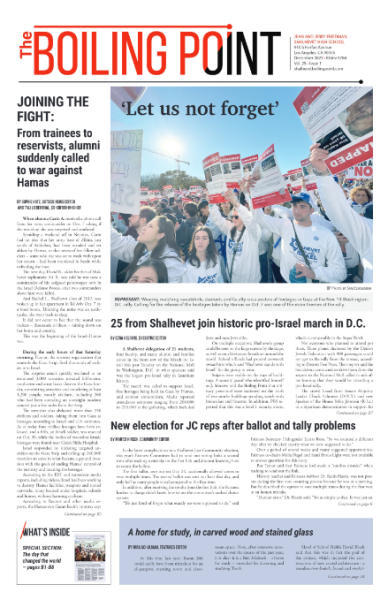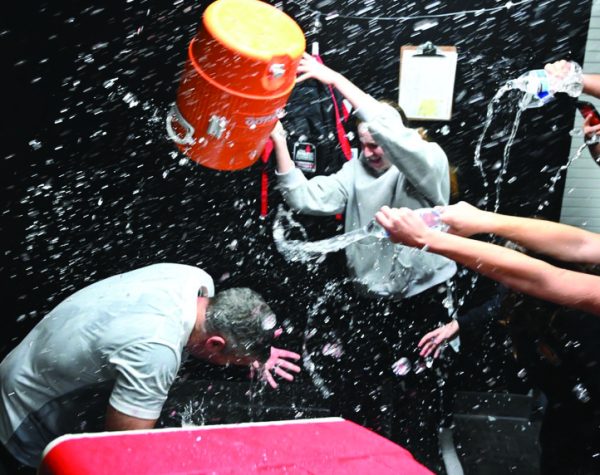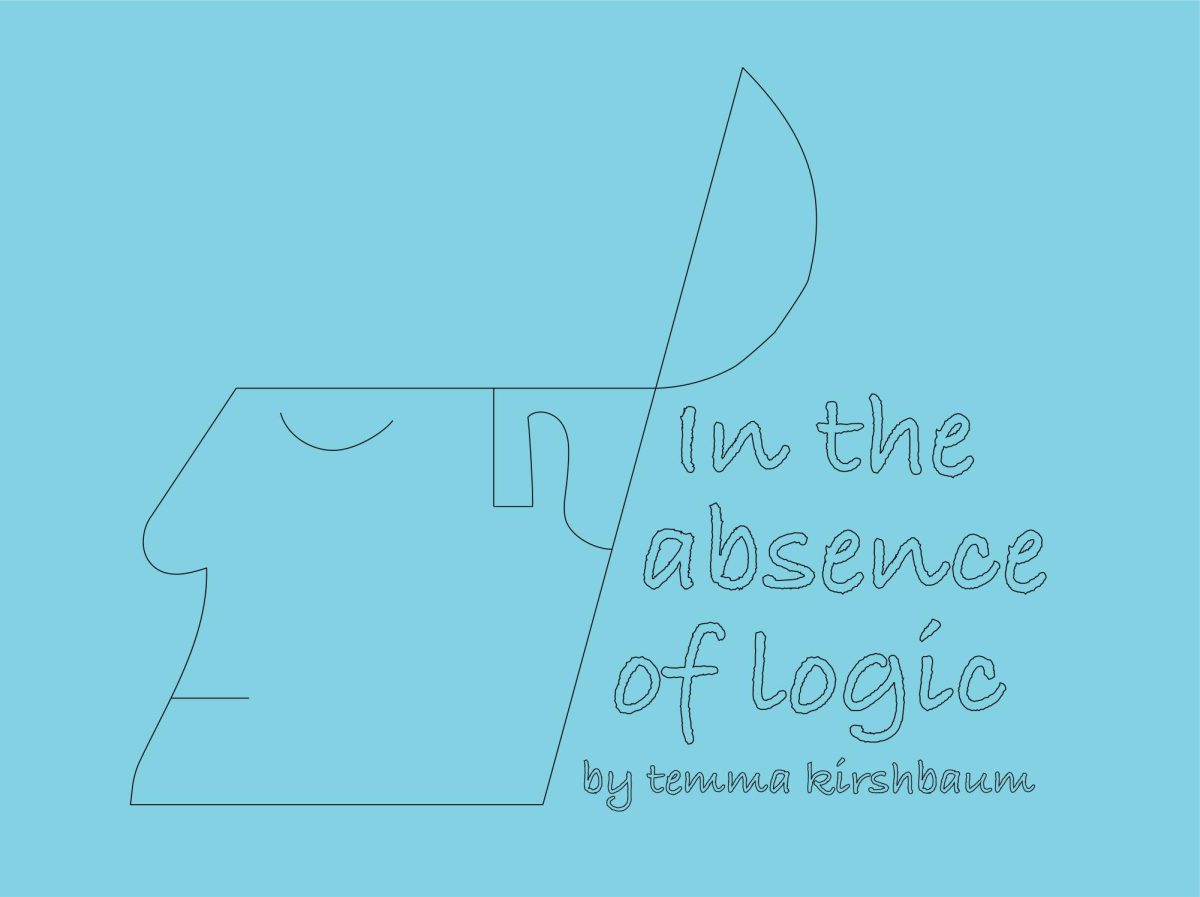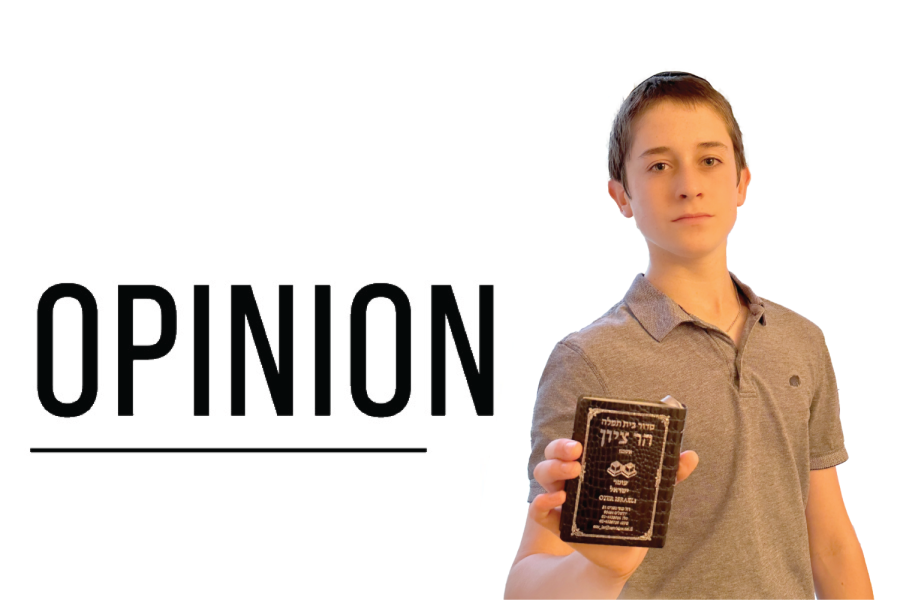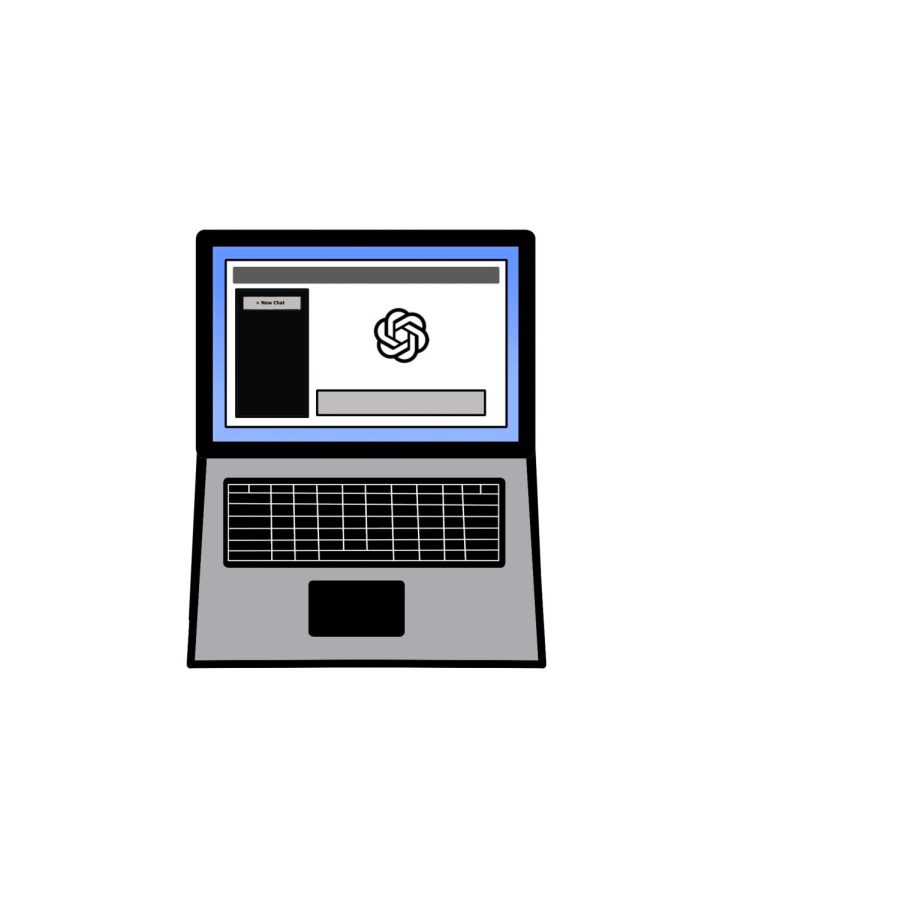During lunch at a public school, students can be found strewn throughout hallways and courtyards, interlocked in public displays of affection. This goes unnoticed by teachers and students, who are so numb to it that they don’t even shout a playful “Get a room!” In contrast, Shalhevet students spend their lunch period in the student lounge, listening to music or studying for upcoming tests. I believe this difference in atmosphere can be attested to Shalhevet’s shomer negiah policy.
If Shalhevet were to eliminate it’s shomer negiah policy, the comfortable environment in the hallways would deteriorate. While we currently have hugs and high-fives at every turn, imagine what there would be without a policy. This applies within Shalhevet’s walls, as well as in the real world. With divorce rates at an all-time high, this is the time to safe-guard our relationships. Jewish tradition has provided us with a fence in the form of shomer negiah, and Shalhevet is smart in using it.
The school should maintain its current policy, but enforce it even more strongly. While not all teachers are comfortable giving a citation, even a teacher’s presence is enough to distill physical contact in the hallways and classrooms. A cough might be all it takes to maintain a neutral environment, where students aren’t punished for casual high-fives, but PDA doesn’t go unchecked.
Students need to feel backed up by the faculty. They need to know that it isn’t wrong to want personal space, even if that’s a difficult thing to communicate to fellow classmates. Just as faculty protect students from peer-pressure to do other things they maybe uncomfortable with, like cheating on a test, they must protect students from uncomfortable physical situations.
A counter-argument for this approach may be that it puts physical contact in a bad light; in enforcing this policy, we bring students to believe that touching is wrong. Some feel that this creates a boundary of uncomfort between boys and girls that may confuse students who don’t grow up in a shomer negiah household.
However, this isn’t the case. Shalhevet is simply teaching students the difference between an educational environment, and a casual one. School policy advocates a strict dress code, implemented only within the school’s walls. The same applies to shomer negiah. Many secular public high schools across the country are adopting no-touching policies, to give students the right to their personal space. The school doesn’t advise students on what to do at home, so they can easily reconcile the idea of touching at home, and no-touching at school.
When students spend nine hours a day abiding by a shomer negiah policy, they become more aware. A person who’s spent time under this policy will think before touching another person because that’s how their minds have been trained. This can only lead to a more comfortable society, where people are less nonchalant about their social interactions. I think that in a time where words and actions are losing meaning, thinking before touching can only benefit a person.
If Shalhvet were to cancel its shomer negiah policy, the atmosphere in the school would change dramatically. True, there would still be those who would study during lunch, but littered among them, there would be PDA. Kids would be holding hands, hooking up, and making those trying to study uncomfortable. It’s Shalhevet’s responsibility to teach students propriety for an educational environment, and beyond.











